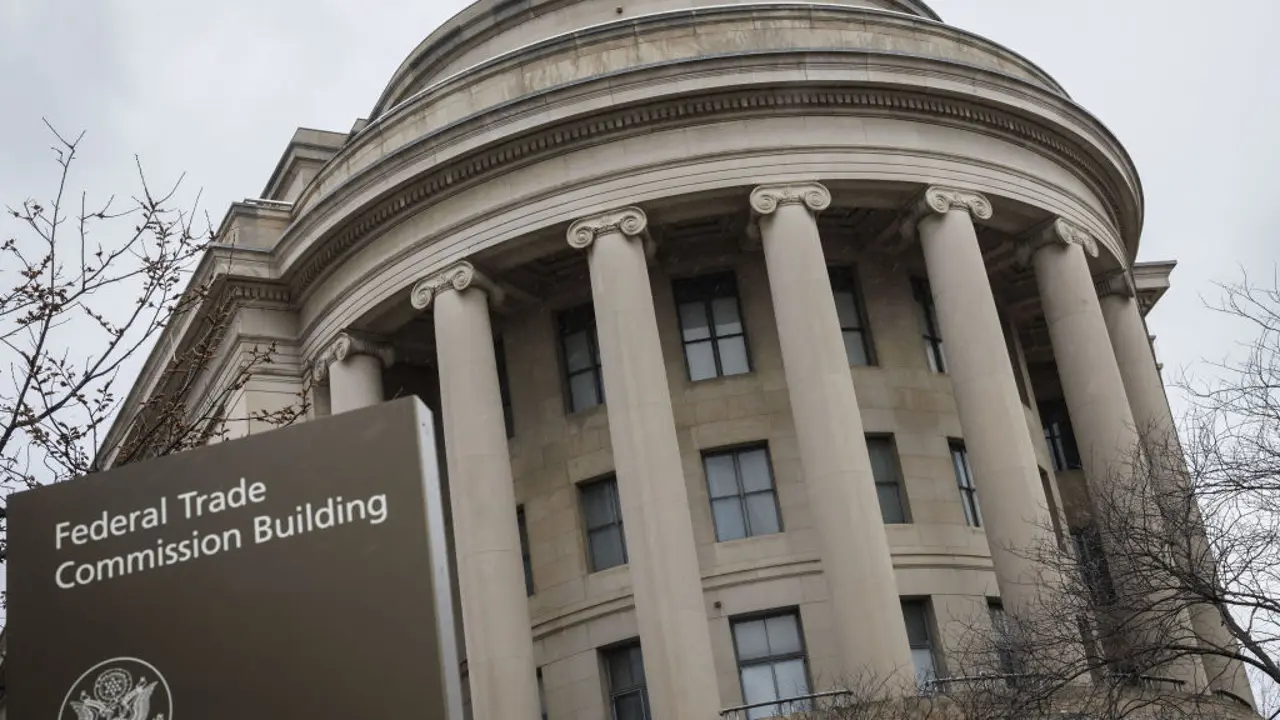
In a landmark move, the Federal Trade Commission (FTC) recently announced a rule banning noncompete clauses in employment contracts.
This ruling marks a significant shift in the legal landscape surrounding noncompete agreements, affecting both employers and employees. For those navigating the complexities of noncompete agreements, understanding the implications of this ruling is crucial.
Explore what the FTC ruling means for individuals bound by noncompete agreements, potential pushback against the ruling, and why seeking guidance from non-compete agreement lawyers is essential.
Understanding Noncompete Agreements in New York
Noncompete agreements are contractual clauses. They’re commonly included in employment contracts, restrict employees from working for competing companies or starting their own ventures in the same industry for a specified period after leaving their current position.
While noncompete clauses are intended to protect employers’ legitimate business interests, they have increasingly faced scrutiny for their potential to stifle job mobility, limit employees’ earning potential, and inhibit competition.
The FTC Ruling: A Game-Changer
On April 23, 2024, the FTC announced a rule banning noncompete clauses in employment contracts, signaling a significant departure from the previous regulatory landscape.
The rule aims to promote competition, enhance job mobility, and protect employees’ rights by prohibiting employers from imposing noncompete agreements on their workers.
Under this rule, any noncompete clause included in an employment contract is deemed unlawful and unenforceable.
The FTC’s decision reflects growing concerns over the adverse effects of noncompete agreements on labor markets, innovation, and economic competition.
By invalidating these restrictive clauses, the FTC seeks to foster a more dynamic and inclusive workforce where individuals are free to pursue new opportunities without fear of reprisal.
Implications for Individuals Bound by Noncompete Agreements
If you have signed a noncompete agreement in the past, the FTC ruling offers a glimmer of hope.
The nullification of noncompete clauses means that you are no longer bound by these restrictive terms, granting you greater freedom to explore career advancements and entrepreneurial pursuits within your chosen field.
Whether you aspire to join a competing firm, launch your own business, or seek alternative employment opportunities, the FTC ruling empowers you to pursue your professional goals without the constraints of a noncompete agreement.
Potential Pushback and Legal Challenges to the FTC’s Ruling
While the FTC ruling represents a significant victory for employee rights advocates, it is not immune to potential pushback from employers and industry stakeholders.
Some companies may resist the rule, arguing that noncompete agreements are essential for safeguarding trade secrets, preserving client relationships, and preventing unfair competition.
Moreover, legal challenges to the FTC ruling could arise, with opponents questioning the agency’s authority to regulate noncompete agreements under existing antitrust laws.
In the face of potential pushback and legal challenges, it is imperative for individuals affected by noncompete agreements to seek guidance from experienced contract lawyers and non-compete agreement lawyers.
These legal professionals can provide invaluable support and representation, helping individuals navigate the complexities of contract law, challenge the enforceability of noncompete agreements, and assert their employment rights in the face of adversity.
Why You Should Call an Attorney for Your Noncompete Issues
If you find yourself bound by a noncompete agreement are or facing resistance from your employer following the FTC ruling, calling an attorney is your best course of action. Here’s why:
Get More Understanding
An experienced attorney can provide you with a comprehensive understanding of your rights and legal options in light of the FTC ruling. They can assess the specifics of your situation, explain how the ruling impacts your contractual obligations, and outline potential avenues for recourse.
Get Help Fighting an Unconstitutional Agreement
Noncompete agreements that violate public policy or infringe upon fundamental rights may be deemed unconstitutional and unenforceable. By enlisting the support of a skilled attorney, you can challenge the validity of your noncompete agreement and seek relief from its oppressive terms.
Legal Representation & Negotiations
Navigating the complexities of contract law and employment disputes requires specialized expertise and advocacy.
A knowledgeable attorney can serve as your legal advocate, representing your interests in negotiations, arbitration proceedings, or litigation to secure a favorable outcome.
Call a Contracts Lawyer To Protect Your Rights Now
The FTC ruling that bans noncompete clauses is a pivotal moment in the ongoing debate over employment practices and competition policy.
While the ruling offers newfound freedom and opportunities for individuals bound by noncompete agreements, it may also face pushback and legal challenges from vested interests. It’s not guaranteed that you can break a noncompete.
Filippatos PLLC is ready to hear your case. We understand how confusing a noncompete clause can be, and how overwhelming it can feel to face a corporate legal team.
We can review your case, gather evidence, and provide legal guidance so that your rights are protected as you navigate the ever-evolving legal landscape.
Call Filippatos PLLC for Help Today
We at Filippatos PLLC are dedicated to protecting your rights as an employee. If you are experiencing issues with noncompete clauses and employment contracts, please give us a call at 888-9-JOBLAW for a free consultation. We will do our utmost to help secure you the justice you deserve.
